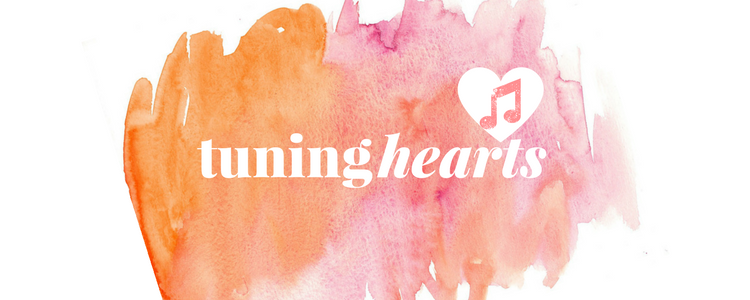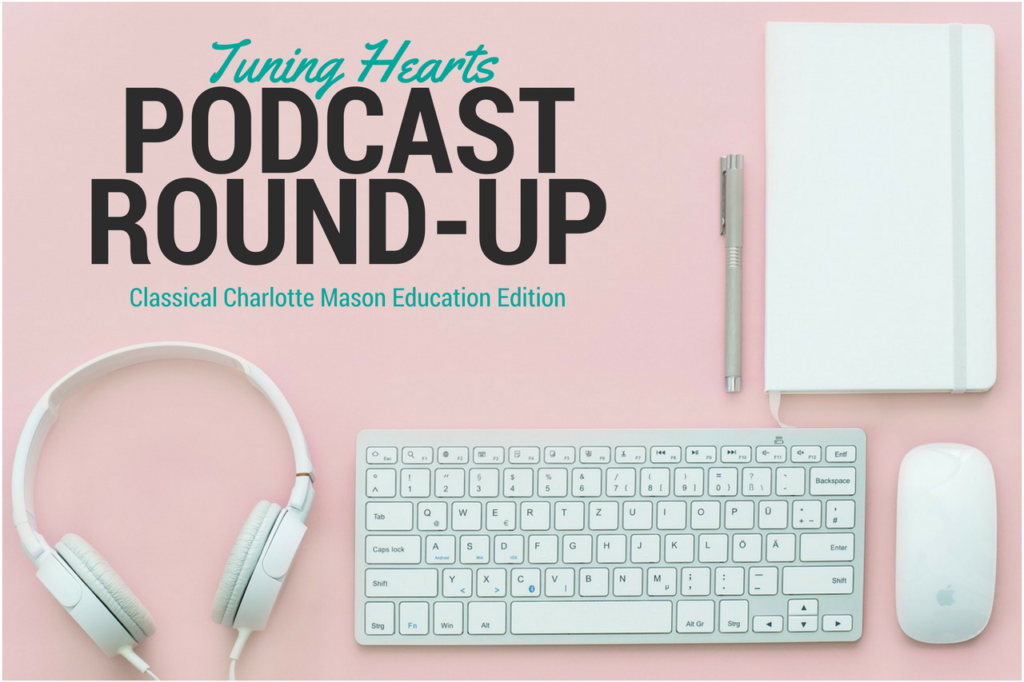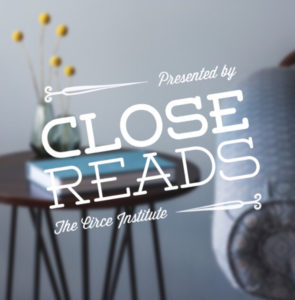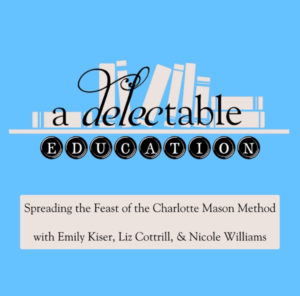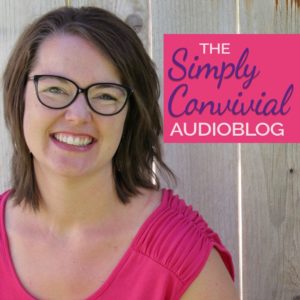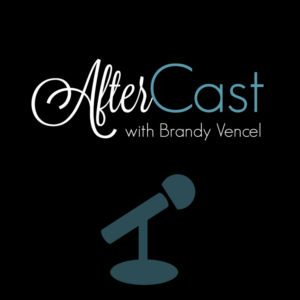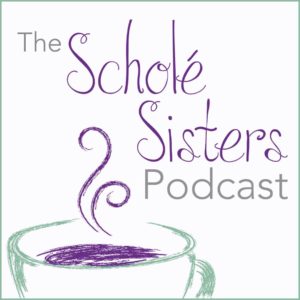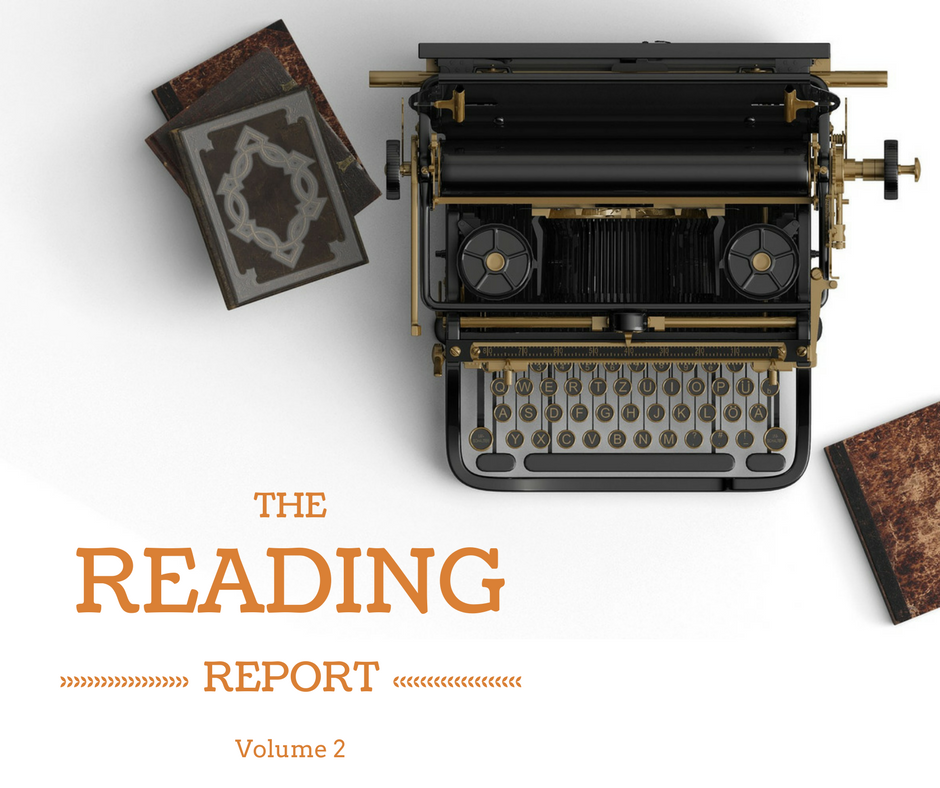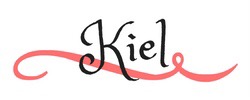
There is no sadder sight in life than a mother, who has so used herself up in her children’s childhood, that she has nothing to give them in their youth.
from “Mother Culture” by “A.” in The Parents’ Review, vol. 3, no. 2, pgs. 92-95
I had never heard the term “mother culture” until about two years ago when I was listening to Leah Boden talk about it in one of her Periscope broadcasts. At the time, I was knee deep in the duties of caring for a young infant—diapering, nursing, feeding, bathing, soothing, and all the rest. I was also in the infant stages of homeschooling our son, and that in itself felt like a full time job. The rest of life did not stop, either, just because I had many demands at home. There were outside commitments snd situations that also depleted my physical and emotional energy. I was definitely feeling “used up” in those days!
Thankfully, since I had so much time to sit while nursing a baby, I started to read during those many hours each day. I don’t remember how intentional I was about it at first, but I knew I needed to give my mind something more nourishing to chew on than Facebook, Instagram and random blogs. I am not sure I had read Brandy Vencel’s wonderful post on Mother Culture then, but if not then, I know I read it sometime not too much later. She does a great job of pulling the meat from that article in the PR magazine from which I quoted earlier and distilling it down to give us a good working definition of this thing called “mother culture.”
Basically, mother culture is another way of saying that we as home educators, and arguably, even parents who do not keep their children home for their schooling, must continue to education ourselves even as we teach our children. If we do not, our minds will certainly stagnate, and lapse into unhealthy patterns of thinking. I do wonder if I had developed this habit of mother culture when my first child was born, perhaps I would have lessened the degree of my postpartum depression. We will never know, I guess, but I certainly believe it helped keep me out of the doldrums with my second baby! And now that my children are older and learning and growing in their education, wide reading and other habits of self-education are important for me to continue feeding my mind and growing as I pour out to teach and train them. Perhaps this will become even more crucial as they enter the high school years and are encountering books and ideas that I never had the chance to explore in my own formal education (Latin, for example).
There is no education but self-education.
Self-education is the only possible education; the rest is mere veneer laid on the surface of a child’s nature.
Charlotte Mason
If the above statement about self-education are true for our children, how much more so are they true for us as adults, when we are no longer under a formal course of study? It seems that as mothers we must form habits of tending our own minds and hearts as much as we help tend to those of our children. Also, even though the original article on Mother Culture only mentions wide reading, I do think that these habits of self-education extend to other areas of study. I have found for myself that it is equally life-giving to practice handwriting, drawing, nature study, and watercolor as to read a book. It is refreshing to my soul when I listen with attention to an opera or symphony, when I knit or crochet or do needlework, and when I commonplace quotes from my own reading. The important thing is to do something which is expanding my mind and my skills, not mention my own habit of attention, so that I do not stagnate or drain myself dry.
So now I want to encourage you, whether you are in the toddler years, or the teen years, do something that gives life to your mind and soul. Read a stretching book to challenge you to think deeply. Learn a new skill to do with your hands. Take in a piece of art or music, paying close attention to the beauty in its details. Walk out in nature and take notes on what you find. Whatever small habits you can begin to cultivate your own education, I do believe that developing your own mother culture will be well worth the effort! What will you do to fill yourself up today?
